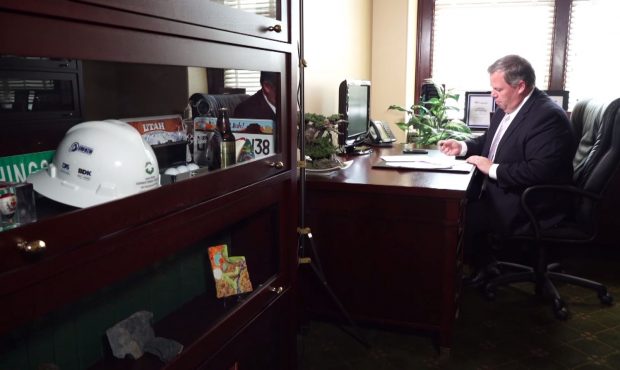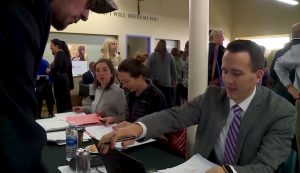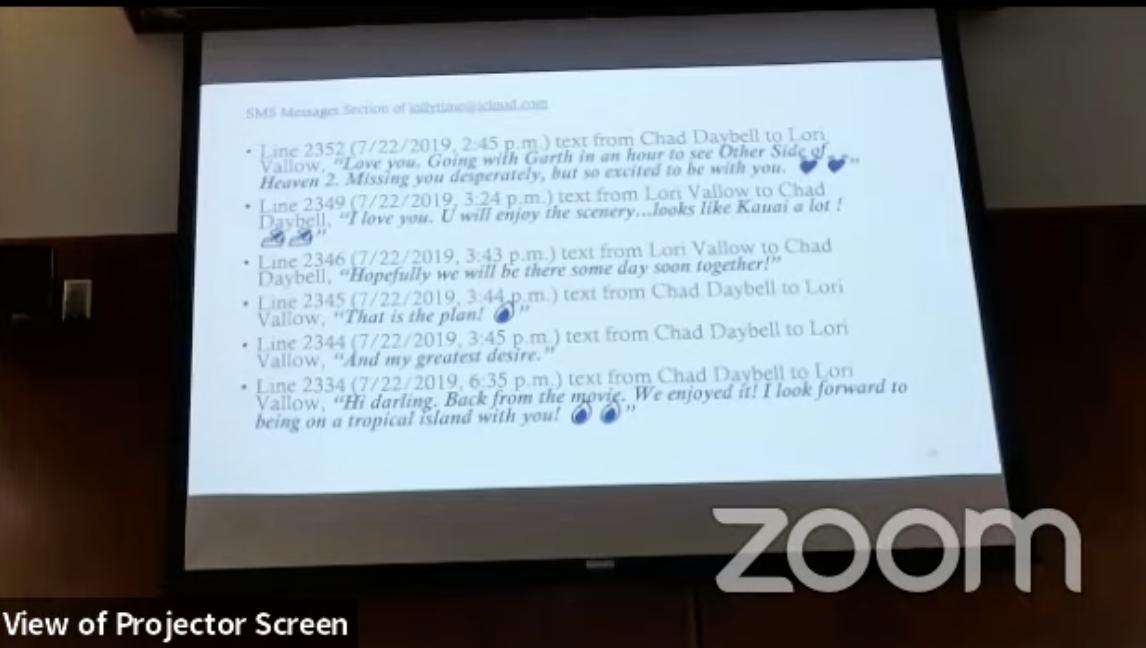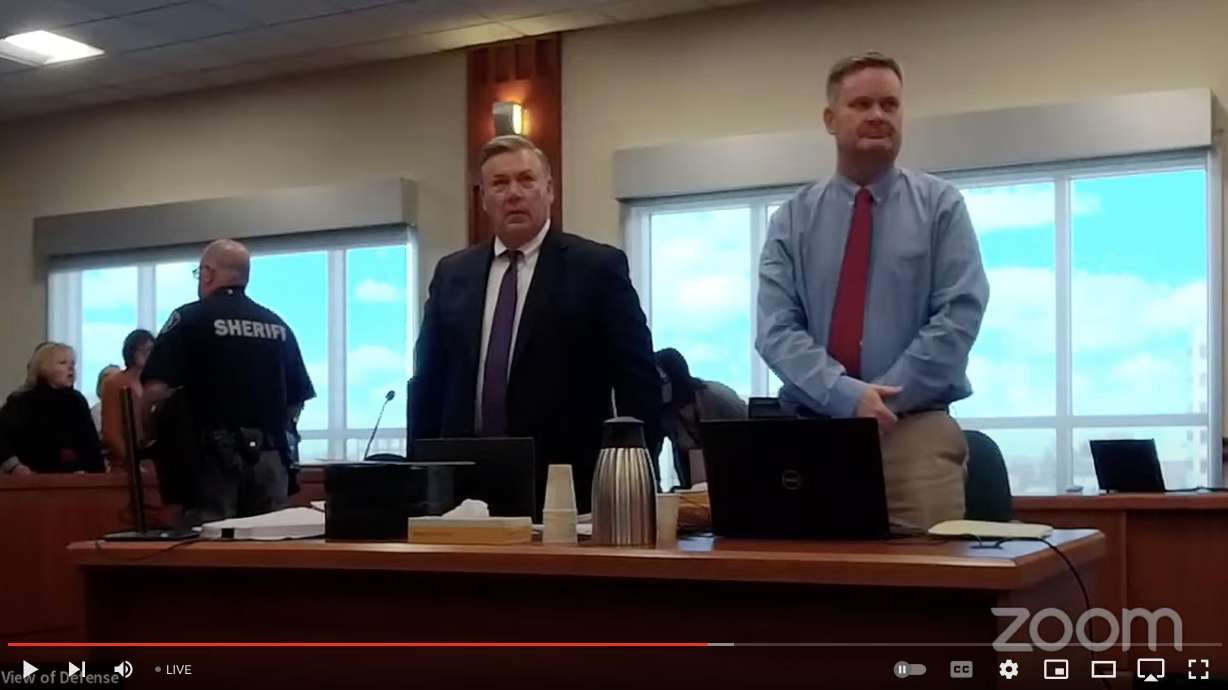Justice For All: How A New Law Is Helping Utahns Get A Clean Slate
Sep 6, 2019, 11:44 AM | Updated: Feb 12, 2023, 7:14 pm

“Our process was so complicated and so expensive that it was literally cheaper to go back to court than it was to do an expungement,” said state Rep. Eric Hutchings, R-Kearns.
SALT LAKE CITY, Utah – Reforming our criminal justice system is about helping people successfully move on with their lives. But for those with a criminal record attached to them like a scarlet letter, moving on can be impossible.
Utah lawmakers are trying to change that.
Decades ago, Catie Cartisano found herself on the wrong side of the law.
“I started drinking and smoking and then rapidly got into other substances,” said Cartisano. “I kept getting arrested. I kept going to jail.”

Catie Cartisano will not forget the day she got the letter saying the last of her criminal records was gone.
Years after her drug crimes, she couldn’t shake the misdemeanors clouding her record.
Despite being sober 11 years, despite going to college, despite earning a degree to practice therapy – she had to explain her record over and over to landlords and employers.
“I had to go to every single courthouse, get all the copies of my criminal charges, I had to write paragraphs of what I was doing and how I was changing,” said Cartisano.
Her experience is pretty typical.
“Having a criminal record is really common,” said Noella Sudbury, the Director of the Criminal Justice Advisory Council for Salt Lake County. “They estimate that one in three people in the United States has a criminal record, and one in four in Utah.”
Sudbury used to be a public defender. She said courts do a good job of processing cases, but don’t do a good job of actually helping people.

“Our process was so complicated and so expensive that it was literally cheaper to go back to court than it was to do an expungement,” said state Rep. Eric Hutchings, R-Kearns.
“Looking at these people as individuals, and their lives. What they need to be able to pull themselves out of this really vicious cycle,” said Sudbury.
So when she got a call from the state during Operation Rio Grande in 2017 asking whether the county could help people clear their criminal records, she came up with an expungement day.
“Hundreds of people drove from all over the state saying, ‘My criminal record has been a huge barrier to me,’” said Sudbury.
She said that day revealed bigger problems. Expunging records costs a lot of money and takes a lot of time.
“Our process was so complicated and so expensive that it was literally cheaper to go back to court than it was to do an expungement,” said state Rep. Eric Hutchings, R-Kearns.
Hutchings crafted a bill similar to one passed in Pennsylvania. He got buy-in from prosecutors, defense attorneys, and law enforcement.
Starting in 202, House Bill 431 will allow for old, low-level, non-violent crimes to be wiped clean from any person’s record automatically, as long as they’ve paid their fines and any restitution.
That includes crimes like writing a bad check, stealing a road sign, or low-level drug offenses.

Reforming our criminal justice system is about helping people successfully move on with their lives. But for those with a criminal record attached to them like a scarlet letter, moving on can be impossible. Utah lawmakers are trying to change that.
Automatic expungements can be stopped. If a prosecutor believes someone has not paid all their debts or is committing other crimes, they can stop the process and have a judge determine whether a criminal record qualifies to be removed.
Cartisano will not forget the day she got the letter saying the last of her criminal records was gone.
“That was probably one of the best days ever, because I finally felt like I was out of that,” she said, because her past no longer defined her future.












